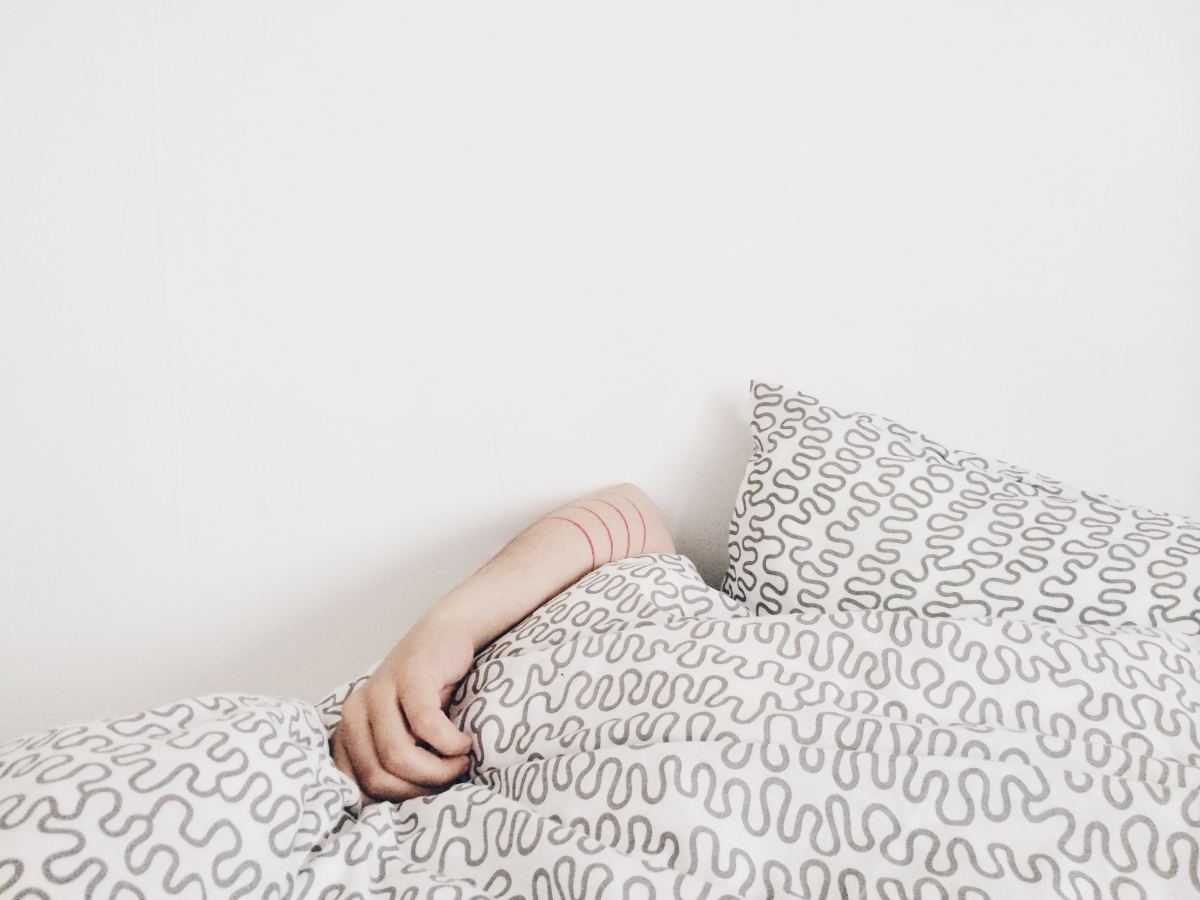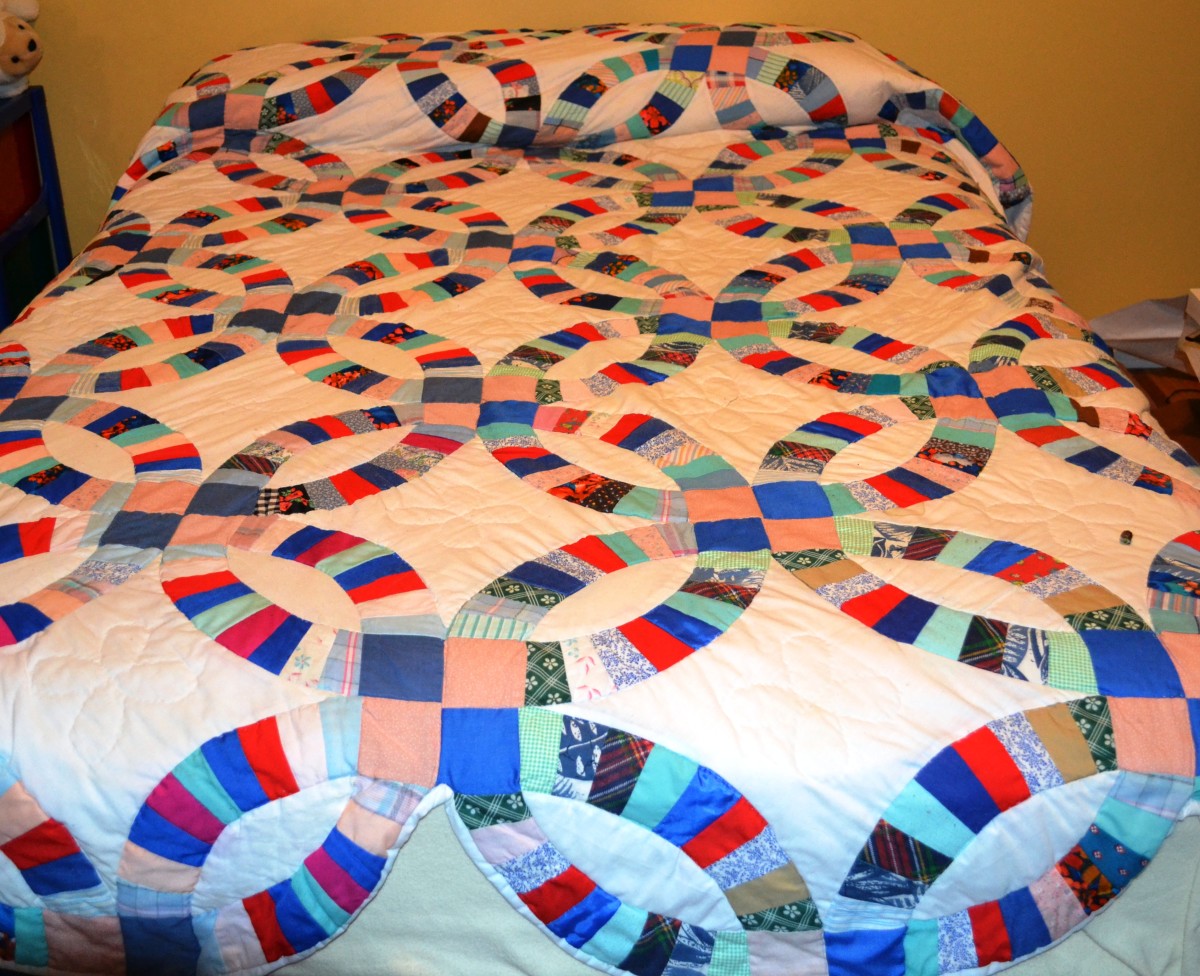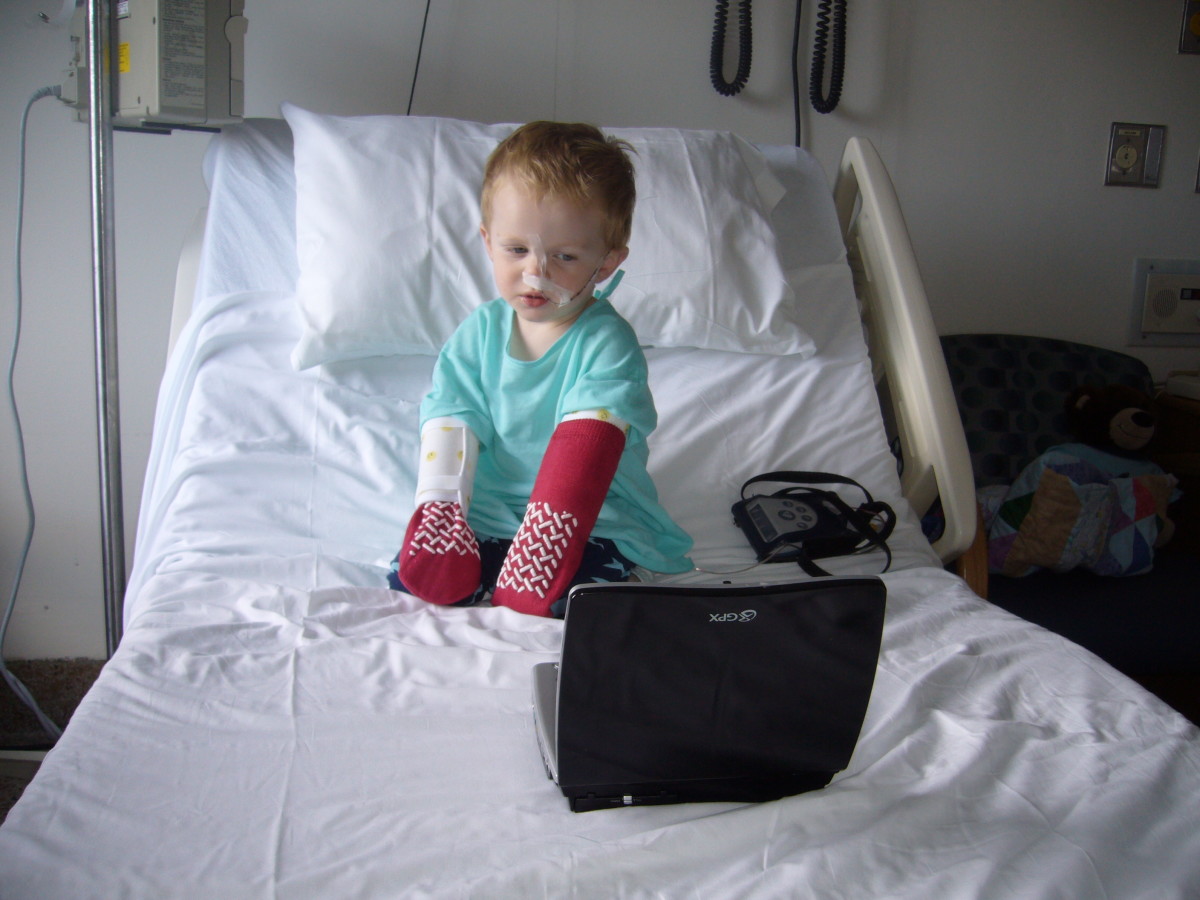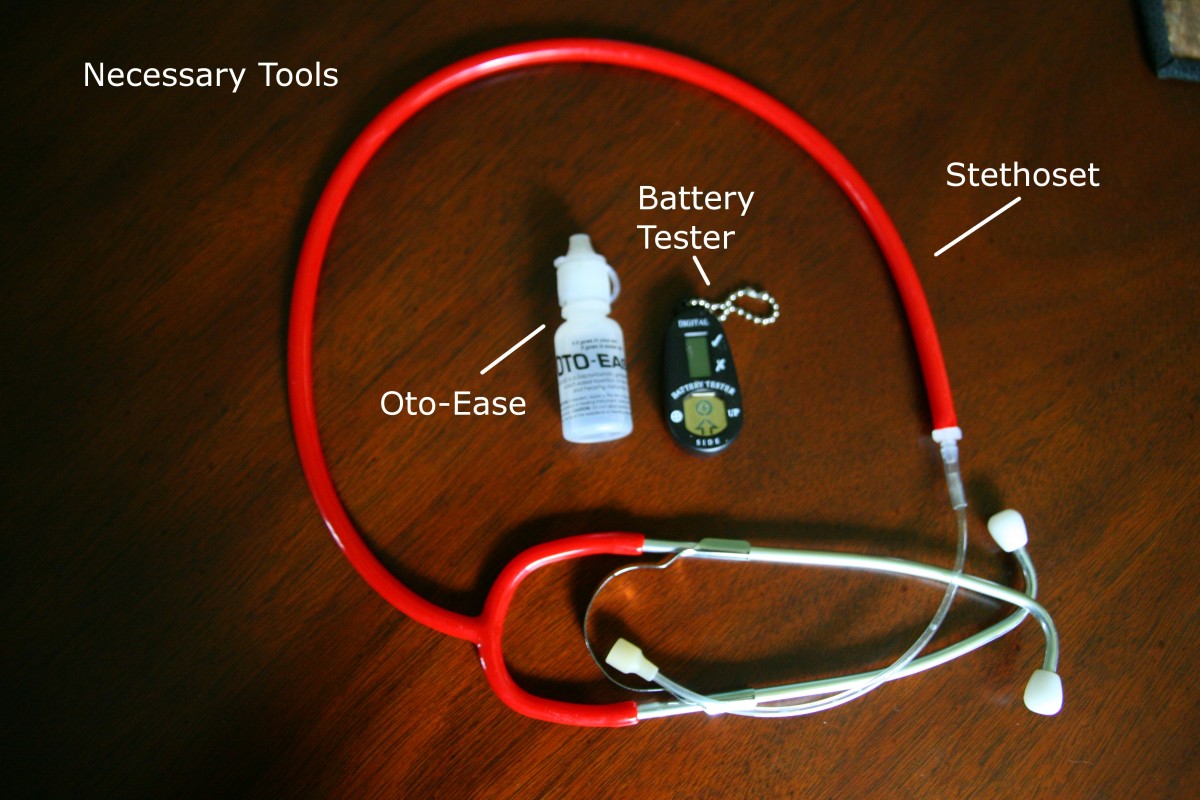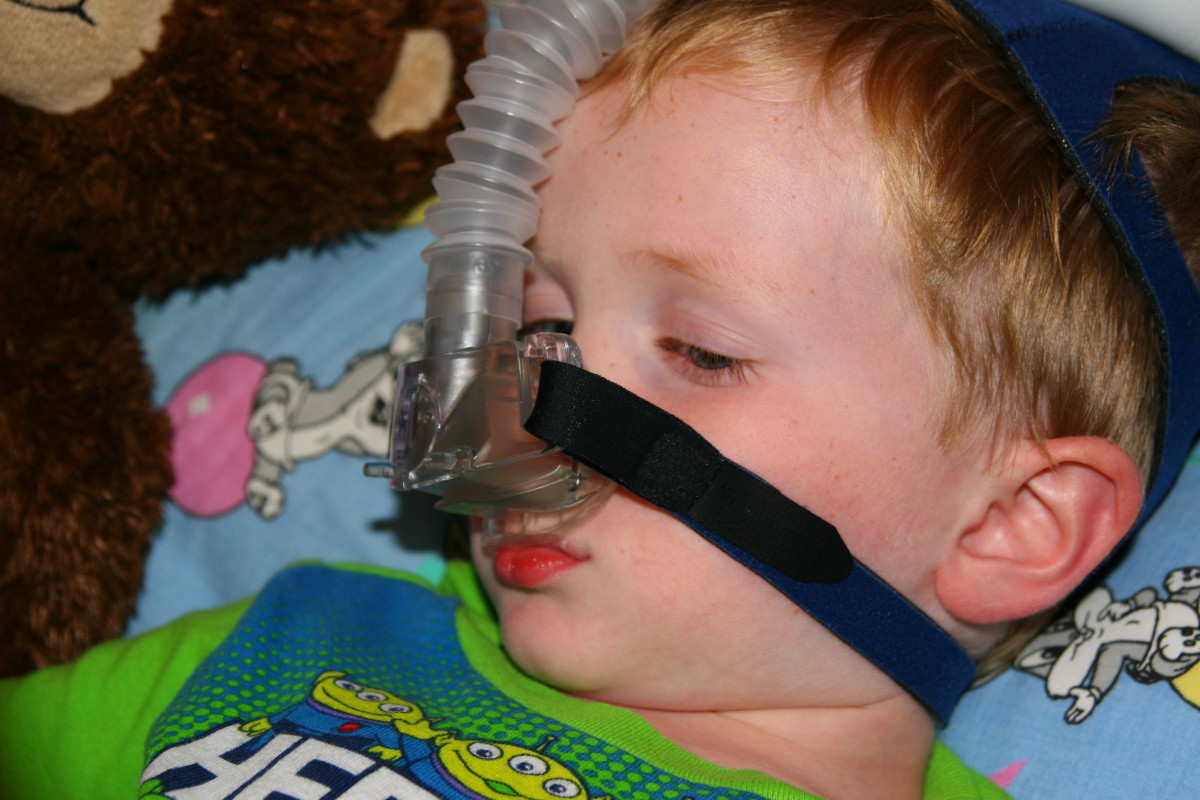Bedwetting a Problem of the Night
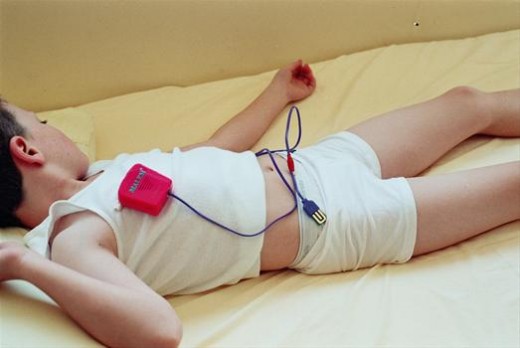
Waking up in Terror
I remember waking up in terror, realizing my bed was wet again. It was just a matter of time before my mother came to see if I had indeed wet the bed. I heard her cough and then she opened my door, came over to me and checked the bed, she saw that it was wet and raised the belt that I didn't see behind her back to strike me...
My sheets were soggy, and my pajamas wet. For the life of me I couldn't seem to wake up to get to the bathroom. I was embarrassed and ashamed and it seemed like I would never wake up to a dry bed.
My mother didn't have understanding, and definitely not patience. I would get that belt on my legs and backside almost every morning. Mom would wash me down and send me on my way to school still carrying the stink of urine that refused to leave my body.

Moisture alarms
There weren't moisture alarms back in the 60's. They are small, battery operated devices, that you can get without a prescription at most pharmacies. They connect to a moisture-sensitive pad on the bed or the pajamas. When urine hits the pad, the alarm goes off, waking the child. It stops the pee so the child can get to the toilet. I would rather have been waken up by an alarm, than a belt on my bum.
Toilet train ends at age 4
Most kids are toilet trained by age 4, if by age 5 bedwetting remains a problem it would be wise to consult a physician as there may be an underlying condition that needs medical condition, and do not blame it on laziness like my mother did.
Certain factors play a role in bedwetting
You should consult a doctor if the child starts to wet the bed after having a dry bed for a long time. If urination is painful or the child has an unusual thirst, pink urine or snoring call the doctor.
The causes of bedwetting may be unknown, but certain factors may play a role.
-
A small bladder. Your child may have an underdeveloped bladder that doesn't hold the urine during the night.
-
Inability to recognize a full bladder. If your child is a deep sleeper, a full bladder may not wake them because the nerves that control the bladder haven't matured yet.
-
A hormone imbalance. Some kids do not produce enough anti-diuretic hormone (ADH) to slow the production of urine down.
-
Stress. Becoming a big sister or brother, moving, starting a new school may trigger bed wetting.
-
Urinary tract Infection. Signs of a urinary tract infection are bedwetting, daytime accidents, frequent and painful urination. These signs may make it hard to control urination.
-
Sleep Apnea. A condition in which the child's sleep is interrupted during sleep, it may be because of enlarged adenoids or tonsils. Signs and symptoms may be snoring, frequent ear and sinus infections, sore throat and daytime sleepiness.
-
Diabetes. Bedwetting may be the first sign of diabetes for a child who usually stays dry at night. Signs to look for are large quantities of urine passed at once, increased thirst, fatigue and weight loss.
-
Chronic Constipation. Reduced bladder capacity due to less regular bowel movements can cause bedwetting.
-
Anatomical defect. This is rare, but bedwetting can be related to a defect in the child's neurological system or urinary system.
Risks of Bedwetting
Several factors serve as a risk of bedwetting: It can affect anyone, but it seems to be more common in boys. If both parents of the child wet the bed as children, their child's chances increase by 80% of being bed-wetters too. Children with Attention-deficit/hyperactivity disorder (ADHD) tend to be bed-wetters.
Nowadays there are special doctors who specialize in bed-wetting, they are pediatric urologist or nephrologist, this is not just restricted to the family doctor if the problem persist.
What you can do
Write down any symptoms, keeping a voiding diary. Write down went the child goes to the toilet, and if there was an urgent need to do so. Record your child's total daily fluid intake including after the last meal. Serve the last drink of the night early in the evening.
Write down any major stresses or recent life changes.
Make a list of all medications, vitamins and supplements the child takes.
Also write down any question you may have for the doctor.
Available Treatments
There are various treatments the doctor may look at. The drug desmopressin acetate (DDAVP) raises the production of the anti-diuretic hormone, this makes less urine during the night.
The doctor may want to calm the bladder if the child has a small bladder with an anticholinergic drug which reduces bladder contractions and increases the capacity of the bladder.
Or the doctor may try changing the child's sleeping and waking patterns. This also is administered by a drug which is an antidepressant, imipramine (Tofranil) it increases the amount of time the urine is held or decreases the amount produced.
Final Words to Parents
I wish when I was a child there were moisture alarms available, it would have saved me from a lot of beatings, embarrassment and shame.
While waiting for the appointment day to come, most important of all be patient, loving and understanding of your child for they are not bed-wetting on purpose. Educating the parents goes along way to helping the child, rather than making the child feel like they are all alone in this problem.




